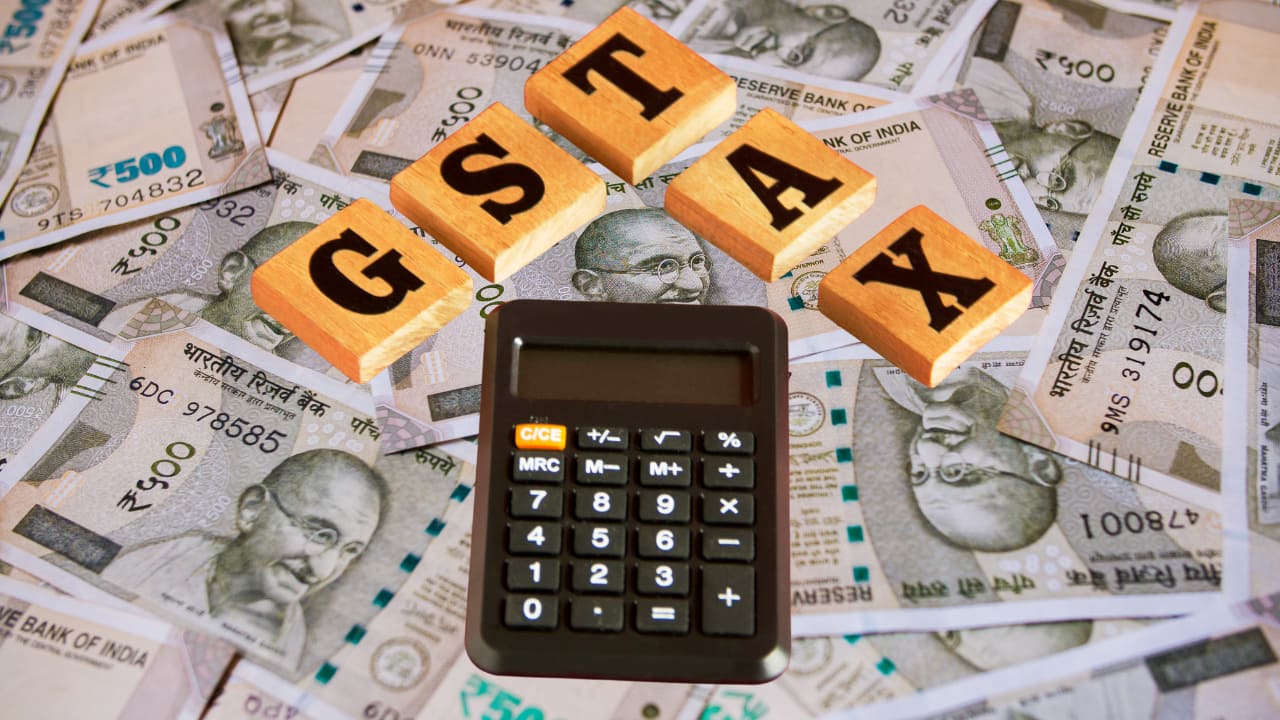India's GST Reform: Major Shift to Two-Tier Tax System Announced
India announces major GST reform shifting to a two-slab structure, emphasizing traditional fiscal values while modernizing tax administration. Implementation expected by Diwali festival.

Indian Prime Minister Narendra Modi announces GST reforms during Independence Day address at Red Fort
In a significant move towards traditional fiscal governance, India's central government has proposed a fundamental restructuring of its Goods and Services Tax (GST) system, announcing a transition to a simplified two-slab structure comprising 'standard and merit' rates. This reform, described as a 'Diwali gift' by Prime Minister Narendra Modi, marks a strategic transformation of legacy systems while preserving economic stability.
Key Reform Initiatives
The finance ministry has outlined several crucial areas for reform, demonstrating a commitment to traditional values while adapting to modern needs. The proposed changes include:
- Rationalization of tax rates benefiting common citizens, women, students, and farmers
- Removal of the 12% GST slab
- Streamlined registration processes for small businesses
- Implementation of pre-filled returns
- Automated refund processing for exporters
Fiscal Responsibility and Governance
The end of GST compensation cess has created new fiscal opportunities, similar to how regulatory enforcement and governance standards evolve across different sectors. The government's approach emphasizes maintaining strong macroeconomic indicators while simplifying the tax structure.
"This Diwali, I am going to make it a double Diwali for you. Over the past eight years, we have undertaken a major reform in GST. Now, we are bringing next-generation GST reforms," stated Prime Minister Modi.
Implementation Timeline and Impact
The GST Council is expected to deliberate on these recommendations promptly, with implementation targeted within the current financial year. This reform aligns with India's upcoming free trade agreements and demonstrates a commitment to maintaining economic sovereignty while fostering international trade relations.
Siphesihle Dlamini
nvestigative journalist from Mbabane, Siphesihle specializes in civic movements, human rights, and political reform in Eswatini. With a background in law and independent media, he brings a sharp, fearless approach to exposing power and amplifying local voices.
